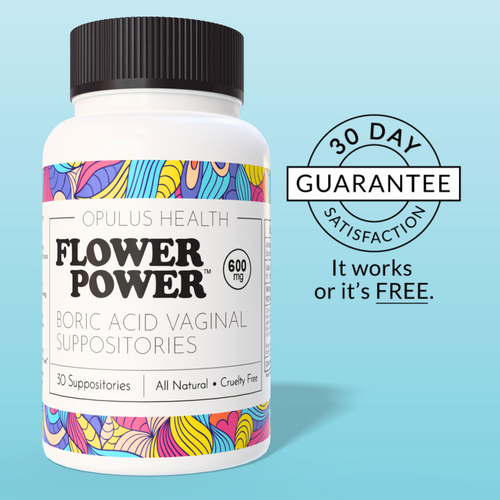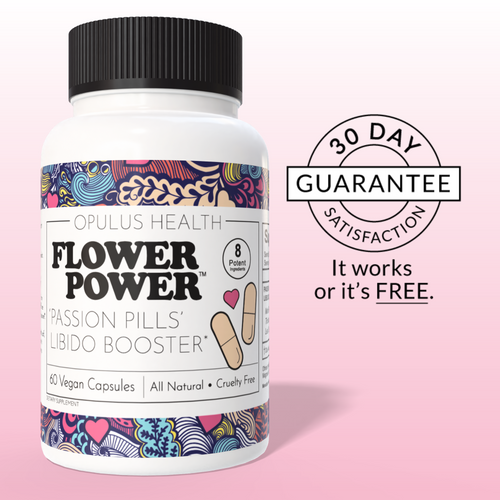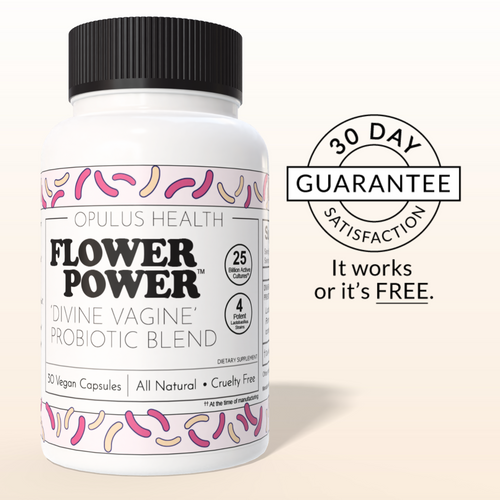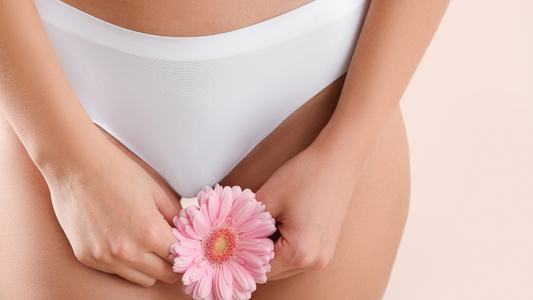Vaginal dryness during menopause is a common, often under-discussed symptom affecting millions of women worldwide. As estrogen levels decline, the vaginal tissues lose elasticity and moisture, leading to discomfort, irritation, and sometimes pain during sexual activity. Despite its prevalence, many women hesitate to seek help, assuming it's a normal part of aging.
This article explores the causes of vaginal dryness during menopause, practical solutions, and strategies for long-term vaginal health. From lifestyle adjustments to medical interventions, understanding your options can help you maintain comfort, confidence, and sexual well-being through this stage of life.
What is Menopause? Understanding the Transition
Menopause is a natural biological process that marks the end of a woman’s reproductive years. It typically occurs between the ages of 45 and 55, though the timing can vary for each individual. Menopause is officially diagnosed after a woman has gone 12 consecutive months without a menstrual period.
Hormonal Changes During Menopause
The hallmark of menopause is a significant decline in the production of estrogen and progesterone, hormones that regulate the menstrual cycle and support various aspects of female health, including vaginal tissue integrity, bone density, and cardiovascular function. These hormonal changes are responsible for many physical and emotional symptoms experienced during this transition.
Common Symptoms of Menopause
Menopause affects women in multiple ways, and symptoms can range from mild to severe:
-
Hot flashes and night sweats
-
Sleep disturbances and fatigue
-
Mood swings, irritability, or anxiety
-
Vaginal dryness and decreased elasticity
-
Decreased libido and changes in sexual function
-
Urinary changes or increased risk of infections
Understanding these changes is crucial because they directly impact vaginal health, particularly lubrication and tissue elasticity, which are central to comfort and sexual well-being.
Perimenopause: The Transitional Phase
Before menopause, women experience perimenopause, a phase lasting several years in which hormone levels fluctuate. During this time, menstrual cycles may become irregular, and early signs of vaginal dryness, hot flashes, or sleep issues may appear. Recognizing these early symptoms can help women take preventive measures to maintain vaginal health and overall well-being.
What Happens to Vaginal Health During Menopause
Hormonal Changes and Their Effects
Estrogen plays a key role in maintaining the vaginal lining’s thickness, moisture, and elasticity. During menopause, estrogen production decreases, leading to:
-
Thinner vaginal walls
-
Reduced natural lubrication
-
Changes in vaginal pH that may increase susceptibility to infections
These changes not only affect comfort but can also impact sexual satisfaction and overall vaginal health.
Common Symptoms of Menopausal Vaginal Dryness
Symptoms can vary but often include:
-
Persistent dryness
-
Itching or burning sensations
-
Discomfort during sexual activity
-
Urinary irritation or increased susceptibility to infections
Causes of Vaginal Dryness During Menopause
Hormonal Factors
The primary driver of postmenopausal dryness is declining estrogen. This hormone reduction reduces blood flow to vaginal tissues, thinning the mucosa and decreasing natural lubrication.
Lifestyle and Environmental Contributors
Several lifestyle factors can exacerbate dryness, including:
-
Dehydration: Insufficient water intake
-
Smoking: Reduces blood flow and tissue health
-
Stress: Affects hormonal balance
-
Diet: Low intake of omega-3 fatty acids, antioxidants, and vitamins
-
Medications: Certain antihistamines, diuretics, and chemotherapy drugs
Health Conditions That Exacerbate Dryness
Conditions such as autoimmune diseases, diabetes, and recurrent infections may worsen vaginal dryness during menopause. Understanding your overall health is essential in creating an effective management plan.
Non-Hormonal Solutions for Vaginal Dryness
Vaginal Moisturizers and Lubricants
-
Water-Based: Gentle and safe for use with condoms; ideal for sensitive skin
-
Silicone-Based: Longer-lasting lubrication, excellent for extended sexual activity
-
Natural Oils: Coconut or almond oils can provide relief, but avoid latex condoms
Choosing the right product helps maintain comfort and prevents tissue irritation.
Lifestyle Adjustments
-
Hydration: Adequate water intake supports natural mucosal lubrication
-
Diet: Omega-3 fatty acids, vitamins C & E, zinc, and amino acids nourish vaginal tissues
-
Gentle Hygiene: Avoid harsh soaps, scented products, and douching
-
Breathable Clothing: Cotton underwear and loose-fitting fabrics reduce irritation
Natural Supplements
Hormone-free supplements can support vaginal health from within:
-
Slippery Elm Bark: Soothes mucosal tissue and maintains moisture
-
Amino Acids: Support tissue repair and mucosal integrity
-
Probiotics: Promote healthy vaginal flora to prevent infections
-
Minerals: Aid in cellular function and natural lubrication
Products like She Juicy are designed specifically for internal hydration, offering an alternative to hormonal treatments.
Hormonal Treatments and Medical Options
Topical Estrogen Therapy
Localized estrogen treatments can restore vaginal moisture by thickening tissues and improving blood flow without systemic effects.
Oral or Systemic Hormone Therapy
Systemic hormone therapy may be recommended for broader menopausal symptoms but should be considered with a physician’s guidance due to potential risks.
Preventive Tips for Long-Term Vaginal Health
Daily Habits That Support Vaginal Moisture
-
Stay hydrated
-
Maintain a nutrient-rich diet
-
Avoid irritants like scented soaps and harsh chemicals
Sexual Health Practices
-
Use lubricants during intimacy
-
Practice pelvic floor exercises
-
Engage in regular sexual activity to stimulate blood flow
Early Consultation and Regular Checkups
Routine gynecological evaluations help detect changes early, preventing chronic discomfort and maintaining long-term vaginal health.
Frequently Asked Questions (FAQs)
What causes vaginal dryness during menopause?
The primary cause is declining estrogen, which thins vaginal tissues and reduces natural lubrication. Lifestyle factors and certain medications may also contribute.
Can lifestyle changes help relieve postmenopausal vaginal dryness?
Yes. Hydration, a diet rich in essential nutrients, stress management, and gentle hygiene can significantly improve vaginal moisture.
Are hormone-free supplements effective for dryness?
Natural supplements containing Slippery Elm Bark, amino acids, and minerals can restore hydration and support mucosal health safely.
How do I choose the best lubricant for menopause-related dryness?
Water-based lubricants are safe for sensitive skin and condom use, while silicone-based or hybrid options provide longer-lasting relief. Avoid scented or glycerin-heavy products if prone to irritation.
When should I see a doctor for vaginal dryness during menopause?
Consult a gynecologist if dryness is persistent, causes discomfort, or is accompanied by pain, unusual discharge, or bleeding.
Taking Early Preventions to Live a Healthy Life
Vaginal dryness during menopause is a natural yet manageable symptom. Understanding the underlying causes, exploring non-hormonal and hormonal options, and adopting preventive habits can significantly improve comfort, sexual satisfaction, and long-term vaginal health.
Take control today by staying hydrated, maintaining a nutrient-rich diet, using appropriate moisturizers, and consulting your gynecologist for personalized guidance. Share this article with others, subscribe to our newsletter for more tips, or comment below to start the conversation about your vaginal health journey.

















